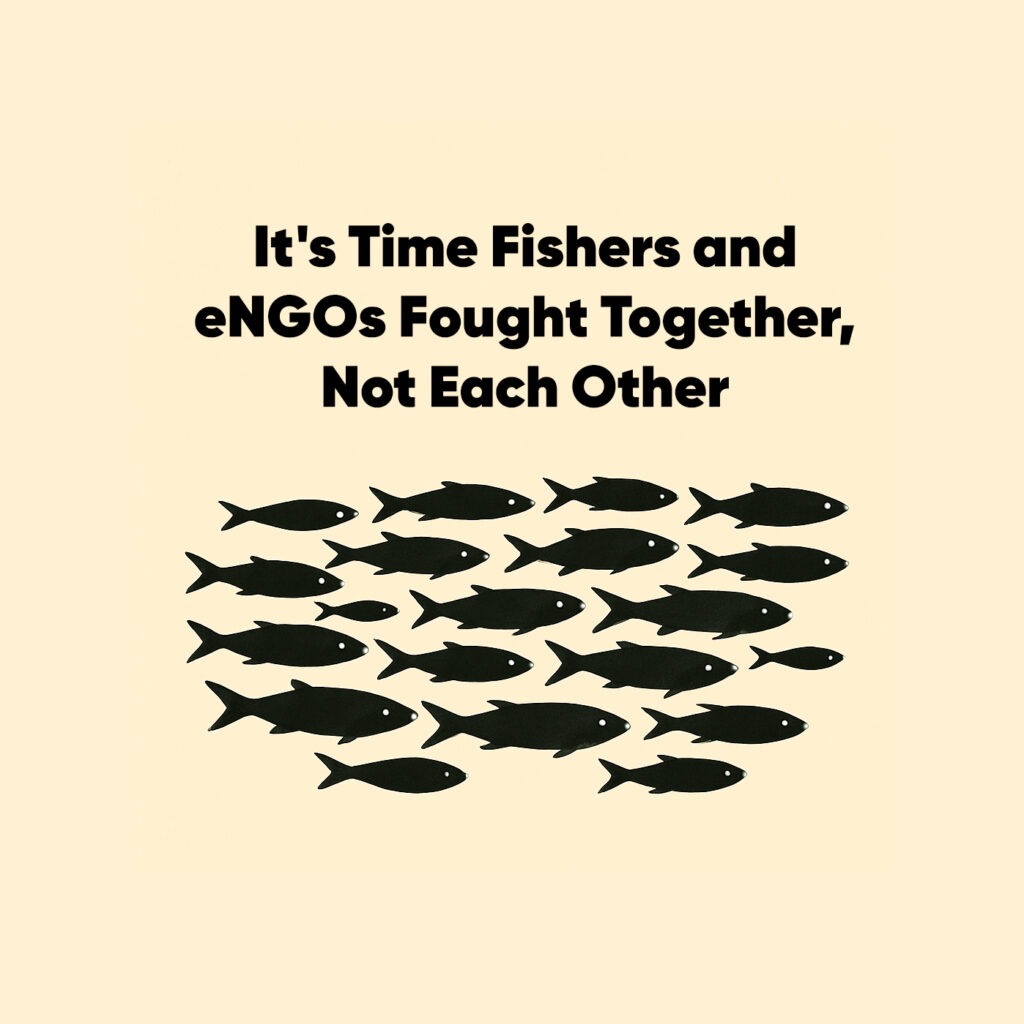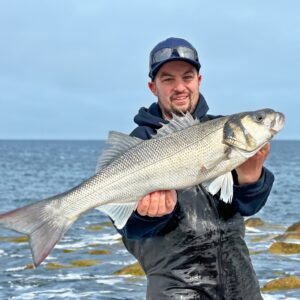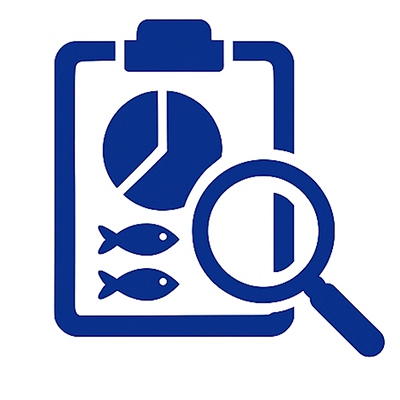For decades, fisheries policy in the UK and beyond has followed a well-worn script: conservation groups push for limits whilst fishers push back in defence of livelihoods. Both sides are cast as adversaries, locked in a zero-sum tug-of-war between healthy seas and healthy profits.
But what if the real problem isn’t the fishers, or the eNGOs? What if the fight is misdirected and the enemy is a system that fails both?
A System That Serves Neither Sustainability Nor Profit
Look beneath the surface and you’ll find that fishers and eNGOs often want the same thing: vibrant marine ecosystems that can be relied upon for years to come. No fisher wants a barren sea. No conservationist wants a coastal community stripped of income.
Yet, under the current system:
- Fishers are pressured into flooding the market, damaging prices and their own long-term returns.
- Conservationists see continued stock depletion, even in supposedly “sustainable” fisheries.
- Policy decisions are made in isolation, based more on bureaucracy and politics than evidence or shared vision.
- And worst of all, both sides are often locked out of true decision-making, left to react rather than shape the future.
The result? An endless loop of blame, mistrust and missed opportunities, and a convenient divide and conquer for some.
Playing the Wrong Game
The current management structure often pits income against ecosystem health, an artificial divide created by outdated regulatory models. Maximum Sustainable Yield (MSY) is set as the gold standard, despite its flaws. It maximises volume, not value. It assumes markets are static and fishers are interchangeable. It ignores the economic reality that selling less for more could be better for everyone.
Meanwhile, regulations built for industrial fleets are applied to small-scale boats. Quotas are hoarded or traded like stocks, rather than shared based on social or environmental value. And while the science improves, the institutions don’t. It creates a situation of a tiny number of winners pitted against a majority of victims of the system.
Fishers are rightly angry when decisions appear top-down and divorced from reality, whilst eNGOs are rightly frustrated when environmental risks are ignored in favour of short-term gains. Neither group has real control, which belongs to government frameworks and opaque institutions that rarely reward those who do things right.
The Case for Unity
Imagine, for a moment, a different future, one where fishers and NGOs stand shoulder to shoulder with a common goal: to fix the system.
- A fairer quota system, rewarding fishers who operate sustainably and selectively and penalising those who don’t.
- Market-smart management, where fishing effort is guided by economic as well as ecological sustainability, protecting prices and stocks.
- Collaborative science and monitoring, with eNGOs and fishers collecting and sharing data to build trust and better outcomes.
- Shared access to decision-making, through transparent advisory bodies where stakeholders co-design the rules that affect them.
This isn’t utopian. It’s happening in pockets around the world, from co-managed fisheries in the Philippines, to value-focused quota reform in Iceland. The UK could lead the way in Europe, if the right coalitions form. The Fisheries Management Plans (FMPs) have given us that opportunity, but everyone has started to realise that they are co-design for marketing purposes only, with no real co-design actually occurring.
Reframing the Conversation
Fishers are not the enemy of the sea. eNGOs are not the enemy of jobs. The real problem is a regulatory architecture that is outdated, adversarial, and blind to nuance.
Reform won’t come from more finger-pointing. It will come from unlikely alliances, made up of those willing to step out of their echo chambers and fight not each other, but together, for a system that works.
It’s time for fishers and conservationists to be co-authors of a new script. One where the question isn’t who wins between income and environment, but how both can win, by changing the game.
If you’re a fisher tired of watching your prices fall and your future dictated from above, or if you’re a conservationist frustrated by slow progress and missing voices, then maybe it’s time to talk, to plan, to act, together.
Let’s stop pulling the net in opposite directions. Let’s start pulling for change.







